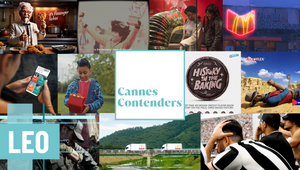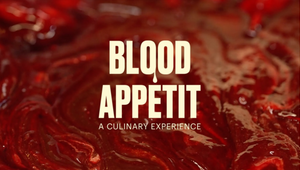
Can Brazil’s Ad Industry Overcome Elitism?

Elitism in Brazil dates back to the arrival of Portuguese settlers to the country, which determined the primacy of a European white elite over native Indians and black slaves. Unfortunately, more than 500 years later, the term is still evoked in political speeches and, several times, is decisive in Brazilians’ professional journey.
The reason is lies one of our most noticeable characteristics: the social inequality, which sets apart rich and poor. The abyss dividing both sides is becoming worse because of the flawed educational system, which is not able to give equal conditions to citizens from different social classes. Obviously the people who have money end up getting a better academic background and manage to enter the labour market as a supposedly better-prepared professional.
When it comes to careers that require both cultural and aesthetic references as raw material, as advertising does, the effects of this educational deficit echo on the staff profile, especially in the creative department. Poor people are a minority and so are black people, since social stratification and skin colour are concepts usually mixed up around here.
Yes, the situation is improving: in 2004, 55 per cent of public university students were represented by the 20 per cent of richest people in the country, in contrast to 68.9 per cent from private schools. In 2013, those figures were 43 per cent and 38.8 per cent, respectively. But the path to equality in companies and agencies is long and not always fair.
Be that as it may, we cannot blame the system, the country, the government, nor even the social inequality itself and use that as an excuse for not trying. Victimization is also a terrible side effect of our condition as a ‘developing country’ with still many socio-economic gaps.
My personal experience makes me believe that, no matter what happens, in order to have professional success, it is important not to give up. I came from a lower middle class family. Money was short and to my father a successful job was the one that would put food on the table.
Therefore, not surprisingly, before I majored in advertising I studied engineering. I did everything a little: I had a foam factory and I used to sell cleaning products. When I finally fell for the advertising business I started in the side-lines, working on accounts run by the agencies’ most important stars.
Beyond the love, however, I was moved by fear. Fear of being jobless and penniless. Fear of hearing the renowned ‘I told you so’ from my father. Therefore I did my best to get my place in an industry that can be as creative as it is exclusive.
So I found out that hard work, along with creativity, talent and determination to do things right, are also crucial to highlight an outstanding professional in any area. Elitism has always existed. In Brazil or wherever. In advertising or in any other career. Nevertheless, surrender to it or overcome it, many times it’s just a matter of choice.















